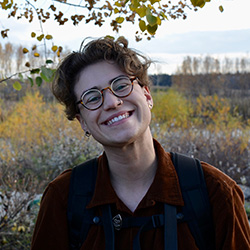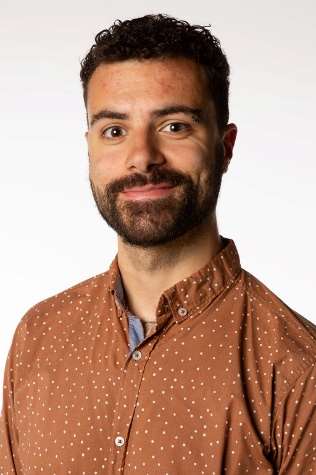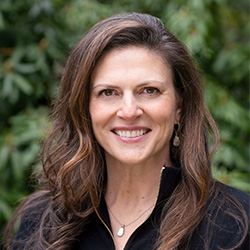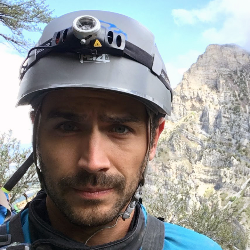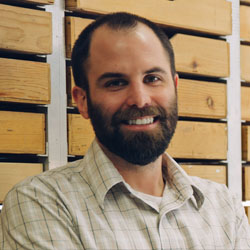Department of Anthropology
A Brief History
Anthropology is the comparative, evolutionary and historical study of human and non-human
primates. Our internationally respected faculty takes a theoretically-driven, empirically-informed
approach to the discipline. Our core mission is to discover and communicate new knowledge
through basic and strategic research, the foundation from which we educate and train
scientifically literate and intellectually engaged citizens and equip them with relevant
skills for the modern world.
The University of Utah has a long history of anthropological and archaeological research.
Henry Montgomery, professor of natural history, began academic archaeological research
at the University in the 1890s. In 1914, Byron Cummings founded the Department of
Archaeology. In
1917, a joint Department of Anthropology and Sociology was created, and in 1926 Anthropology
became a separate department, though briefly reunited with Sociology from 1933 through
1948. The Department grew significantly during the 1960s and 70s and enrollments increased.
At that
time, the faculty approached its present size (15 FTE) and a PhD program was added
to the curriculum. A shift to an evolutionary and empirical focus emerged in the mid-1980s.
This continues today: the department is recognized for its unified scientific and
evolutionary approach to major
questions in the discipline and cognate fields, including biology, environmental science,
geology, and human genetics.
Upcoming Events
March 5th Colloquium Speaker

Amanda Henry, Ph.D.
Professor Archaeology, Leiden University
"Diet in Human Evolution"
Thursday, March 5th
2:15 pm
MLIB 1170
Click here to RSVP for Zoom link
Diet In Human Evolution
Humans are an enormously successful species, in part due to our unique diet.
However, our understanding of diets in the past is heavily biased towards animal foods, while the potential impact of plant foods and other sessile food items is less well understood. New techniques and approaches in dietary reconstruction and modeling have the potential to provide deeper insights into the diets of our ancestors and the influences on our biology and behavior today.
Support Students Today
Donations help support scholarships and fellowships for deserving anthropology students and make possible guest lectures by leaders in the field.
Prefer to give by phone?
Call us at 801-587-9310
For personal assistance with giving options, please contact giving@csbs.utah.edu
Undergraduate Programs
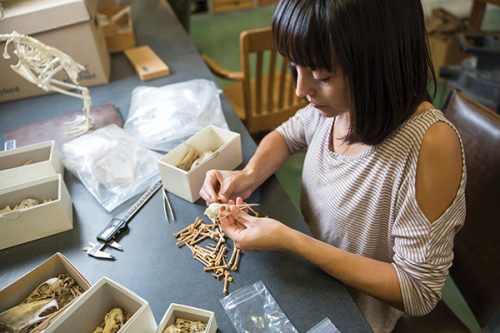
Anthropology Major
Anthropology is the comparative, evolutionary and historical study of human, and nonhuman primates.
Anthropology Minor
Because we study all aspects of humans, anthropology is holistic and inter-disciplinary and anthropologists work hand-in-hand with other sciences such as biology, physiology, sociology and psychology—just to name a few.
Integrative Human Biology Minor (IHB)
Engage in research in human form and function, human evolution and biological variation, human behavior, and the roles humans play in local and global ecosystems. Students will acquire the broad but rigorous background they will need as professionals in the 21st-century health sciences and many other fields that engage directly with aspects of human adaptation and welfare.
Have a question about anthropology? Ready to declare?
Events
-
Feb 24
Tuesday
Spring 2026 First half - Classes end
-
Feb 25
Wednesday
Spring 2026 Second half - Classes begin
-
Mar 01
Sunday
Spring 2026 First half - Grades due
-
Mar 03
Tuesday
Spring 2026 Second half - Last day to add, drop, audit, and elect CR/NC
-
Mar 03
Tuesday
Spring 2026 Second half - Last day to wait list
-
Mar 06
Friday
Spring 2026 Full Term - Last day to withdraw from classes



